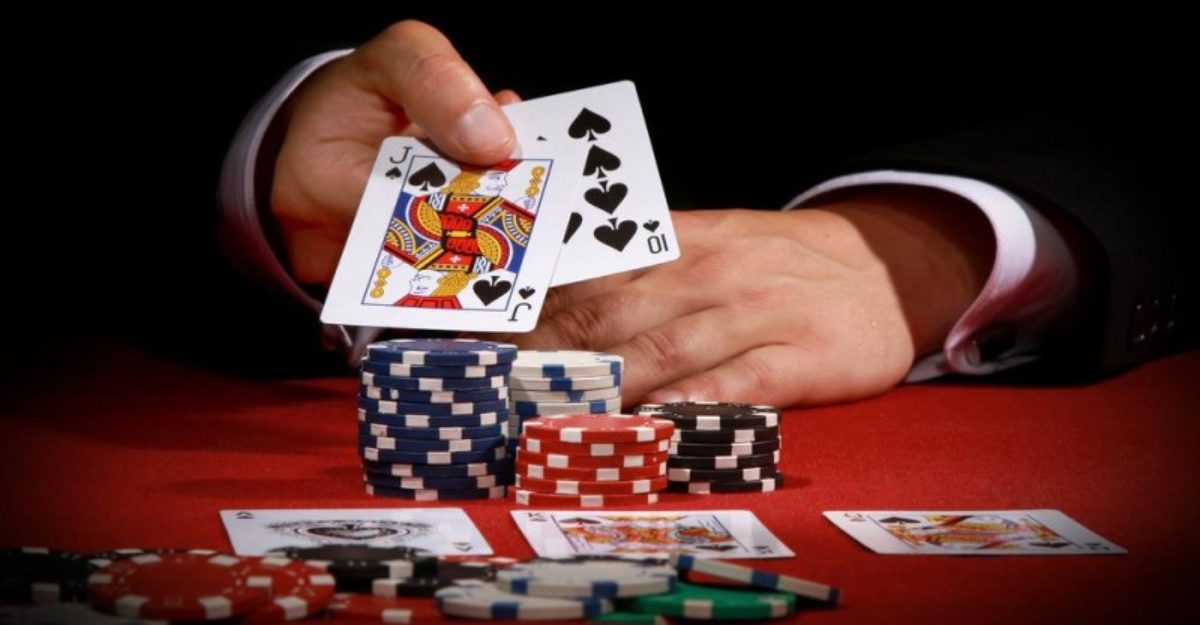
In the world of poker, the debate over the significance of luck versus skill has persisted for decades. Players often find themselves pondering whether their success at the table is due to their expertise or the whims of chance. While both elements undeniably play a role in the game, understanding the balance between them is crucial for anyone looking to improve their performance.
At its core, poker is a game that combines mathematical probabilities with psychological tactics. Players must analyze their opponents’ behaviors while making calculated decisions based on the cards they hold and the potential outcomes. However, despite these strategic elements, the unpredictable nature of card distribution introduces a significant luck component that can sway the game’s results.
This article will explore how luck and skill interact in poker, examining various scenarios where each can take precedence. We’ll delve into statistical analyses, player experiences, and expert opinions to provide a comprehensive overview of this fascinating dynamic. By the end, readers will gain a deeper appreciation of the factors that influence success in poker, leading to more informed strategies at the table.
The Role of Luck vs. Skill in Poker
In the world of poker, the debate between luck and skill is a timeless discussion that intrigues both casual players and seasoned professionals. While some believe that sheer luck determines the outcome of a game, others argue that skill is the crucial factor that leads to consistent success. Understanding the dynamics between these two elements can provide valuable insights into the game.
This article explores the intricate balance of luck and skill in poker, examining how each influences gameplay and player success. From statistical analyses to psychological aspects, we’ll uncover what truly drives a player’s ability to thrive in this competitive environment.
Understanding the Influence of Luck
Luck plays a significant role in poker, especially in the short term. Players often encounter situations where the cards they are dealt can dramatically alter the course of the game. Here are some key points to consider:
- Random Card Distribution: The shuffle and deal of cards are entirely random, meaning that players can experience streaks of good or bad luck.
- Variance: Variance in poker refers to the fluctuations in results due to luck, which can impact even the most skilled players.
- Short-Term Outcomes: In single sessions, luck can overshadow skill, making it challenging to evaluate a player’s true ability.
The Importance of Skill
While luck can influence outcomes in the short run, skill is the defining factor for long-term success in poker. Skilled players are able to make strategic decisions that maximize their chances of winning. Key aspects of skill include:
- Understanding Odds: Skilled players calculate pot odds and expected value to make informed decisions.
- Reading Opponents: The ability to read opponents’ behavior and betting patterns can provide critical insights during a game.
- Emotional Control: Managing emotions, especially during losing streaks, is crucial for maintaining a strategic mindset.
In conclusion, while luck can influence individual hands, skill remains the cornerstone of a successful poker strategy over time. Players who develop their skills while acknowledging the role of luck will likely find greater success at the tables.
Understanding the Dynamics of Luck in Poker
Luck plays a crucial role in poker, often influencing outcomes in ways that can overshadow skill, especially in the short term. Every player, regardless of expertise, encounters situations where a fortunate turn of cards can drastically alter the game dynamics. Understanding these dynamics is essential for any serious player aiming to succeed in the long run.
While skill and strategy form the backbone of a player’s success, luck introduces an element of unpredictability. This interplay creates a unique environment where players must adapt not only their tactics but also their mental approach. Here are some key points to consider:
- Variance: In poker, variance refers to the natural fluctuations in results due to luck. Understanding variance helps players manage their expectations and emotional responses.
- Short-term vs. Long-term: Luck may heavily influence short-term results, but over time, skilled players tend to outperform their less skilled counterparts.
- Decision Making: Good decisions made in the face of bad luck can minimize losses and capitalize on the eventual return of favorable circumstances.
In essence, while luck can sway individual hands, it is the consistent application of skill and strategy that defines a successful poker player.
The Importance of Skill Development in Winning Strategies
In the world of poker, the balance between luck and skill plays a crucial role in determining long-term success. While fortunate hands can lead to immediate wins, it is the development of skills that creates a sustainable advantage over time.
Mastering poker requires dedication to skill development, as it influences decision-making, reading opponents, and bankroll management. Players who invest time in honing their abilities are more likely to achieve consistent results.
Key Areas of Skill Development
- Hand Selection: Understanding which hands to play and when is fundamental. Players must evaluate their position and the tendencies of their opponents.
- Reading Opponents: Observing opponents’ behaviors and patterns can provide critical insights, allowing for strategic adjustments during play.
- Probability and Odds: A strong grasp of odds helps players make informed decisions, enhancing their overall strategy.
- Bluffing Techniques: Mastering the art of bluffing requires skill; effective bluffs can be game-changers when executed well.
Ultimately, while luck may impact individual games, it is the continuous refinement of skills that separates the average player from the expert. Investing in skill development not only boosts confidence but also significantly increases the chances of winning in the long run.
Finding the Balance: When Luck and Skill Intersect
In the intricate dance of poker, the interplay between luck and skill is both fascinating and crucial. While skilled players often dominate in the long run, luck can dramatically influence the outcomes of individual hands. Understanding how these two elements intersect is essential for any serious player looking to improve their game.
As players navigate through the highs and lows of poker, recognizing when luck can sway the tide and when skill should take precedence is key. This balance not only affects decision-making at the table but also shapes overall strategy and mindset.
Key Takeaways
- Skill Development: Invest time in honing your skills through practice and studying the game.
- Embrace Uncertainty: Accept that luck is a factor, and learn to manage its unpredictability.
- Strategic Play: Focus on making optimal decisions that leverage your skills while acknowledging the role of chance.
- Long-Term Perspective: Remember that while luck can impact short-term results, skill prevails over the long haul.
Ultimately, finding the balance between luck and skill in poker is about awareness and adaptability. Players who can navigate this complex relationship are better equipped to thrive in the unpredictable world of poker.
